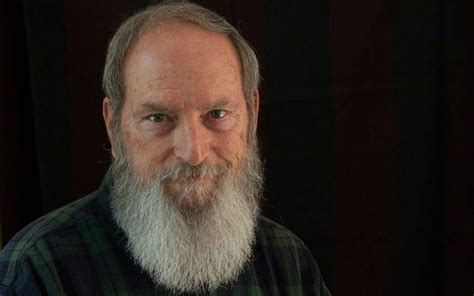A Quote by Elie Wiesel
I have one request: may I never use my reason against truth.
Related Quotes
People have a good reason to be afraid of tear gas, considering it's a banned agent of war under the 1993 Chemical Weapons Convention. Here's the catch - there's a clause in the treaty that includes an exception for domestic use. Yes, it's illegal for the U.S. military to use tear gas against ISIS, but cool to use against American citizens.
No man may initiate the use of physical force against others. No man-or group or society or government-has the right to assume the role of a criminal and initiate the use of physical compulsion against any man. Men have the right to use physical force only in retaliation and only against those who initiate its use. The ethical principle involved is simple and clear-cut: it is the difference between murder and self-defense.
Please do as I requested, only if you can do so with the joy of a little child feeding a hungry duck. Please do not do as I request if there is any taint of fear of punishment if you don't. Please do not do as I request to buy my love, that, is hoping that I will love you more if you do. Please do not do as I request if you will feel guilty if you don't. Please do not do as I request if you will feel shameful. And certainly do not do as I request out of any sense of duty or obligation.
Those who would legislate against the teaching of evolution should also legislate against gravity, electricity and the unreasonable velocity of light, and also, should introduce a clause to prevent the use of the telescope, the microscope and the spectroscope or any other instrument of precision which may in the future be invented, constructed or used for the discovery of truth.
Those may justly be reckoned void of understanding that do not bless and praise God; nor do men ever rightly use their reason till they begin to be religious, nor live as men till they live to the glory of God. As reason is the substratum or subject of religion (so that creatures which have no reason are not capable of religion), so religion is the crown and glory of reason, and we have our reason in vain, and shall one day wish we had never had it, if we do not glorify God with it.
O Lord, may I never want to look good. O Jesus, may I always read it all: out loud and the very way it should be. May I never look at the other findings until I have come to my own true conclusions: May I care for the least of the young: and become aware of the one poem that each may have written; may I be aware of what each thing is, delighted with form, and wary of the false comparison; may I never use the word "brilliant."
I think Martin Luther correctly distinguished between what he called the magisterial and ministerial uses of reason. The magisterial use of reason occurs when reason stands over and above the gospel like a magistrate and judges it on the basis of argument and evidence. The ministerial use of reason occurs when reason submits to and serves the gospel…. Should a conflict arise between the witness of the Holy Spirit to the fundamental truth of the Christian faith and beliefs based on argument and evidence, then it is the former which must take precedence over the latter.
Religious faith in the case of the Hindus has never been allowed to run counter to scientific laws, moreover the former is never made a condition for the knowledge they teach, but there are always scrupulously careful to take into consideration the possibility that by reason both the agnostic and atheist may attain truth in their own way. Such tolerance may be surprising to religious believers in the West, but it is an integral part of Vedantic belief.


































